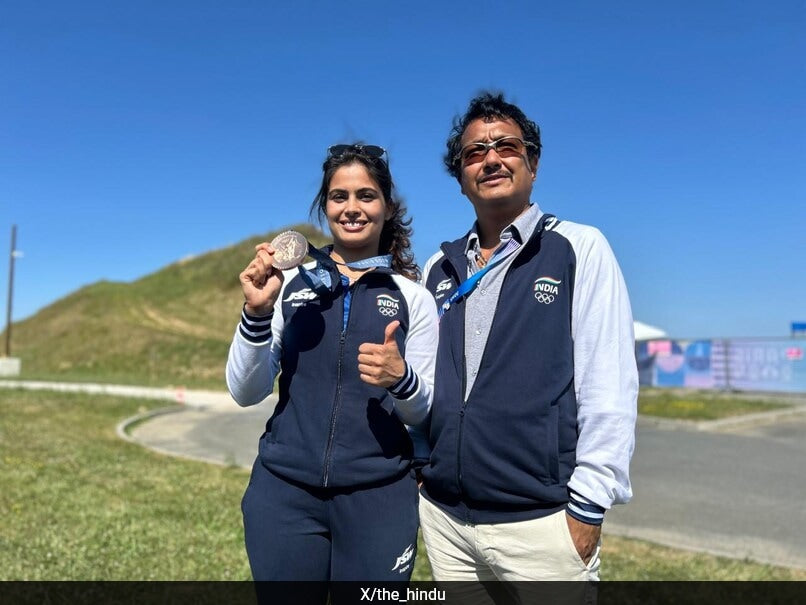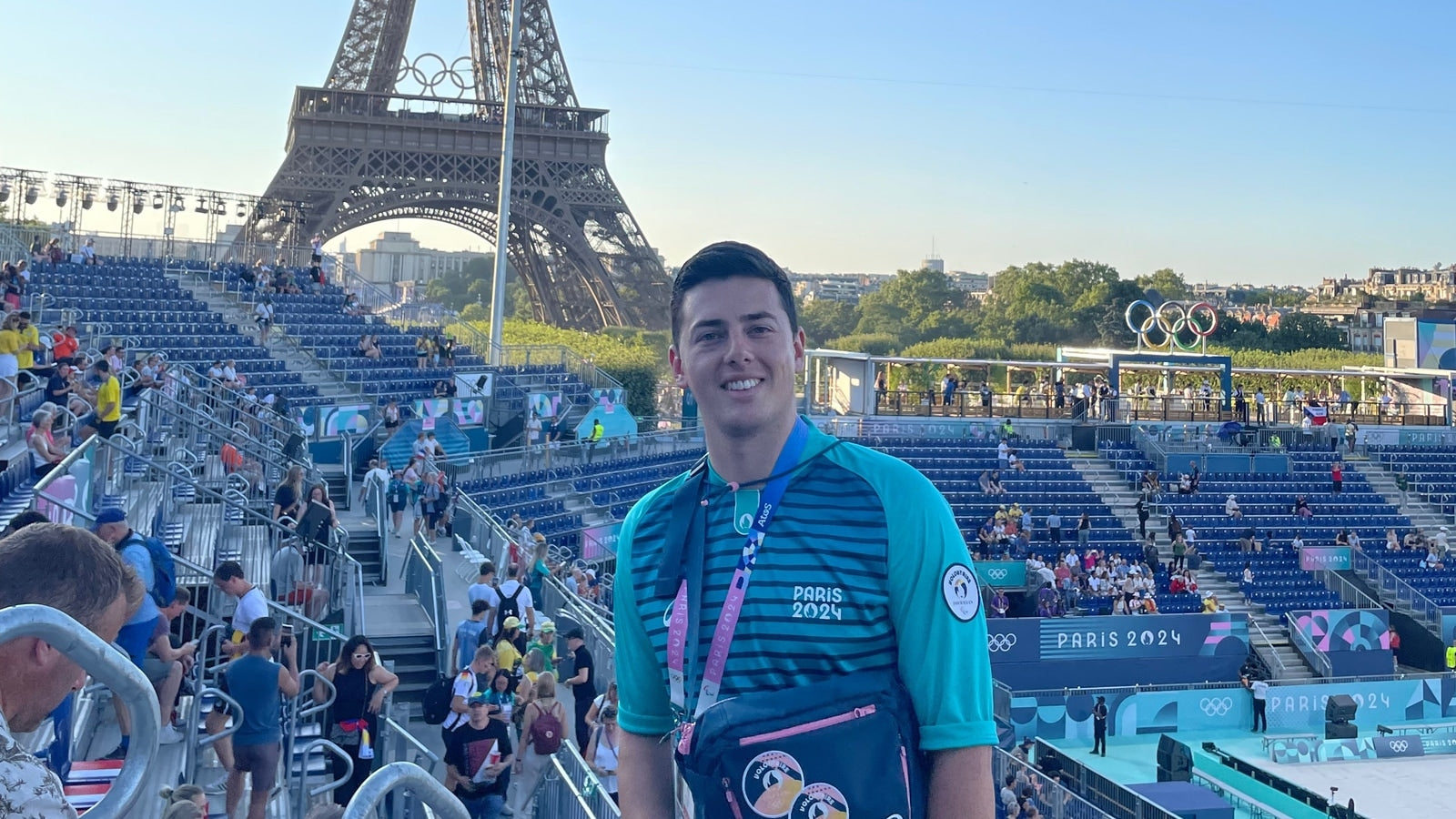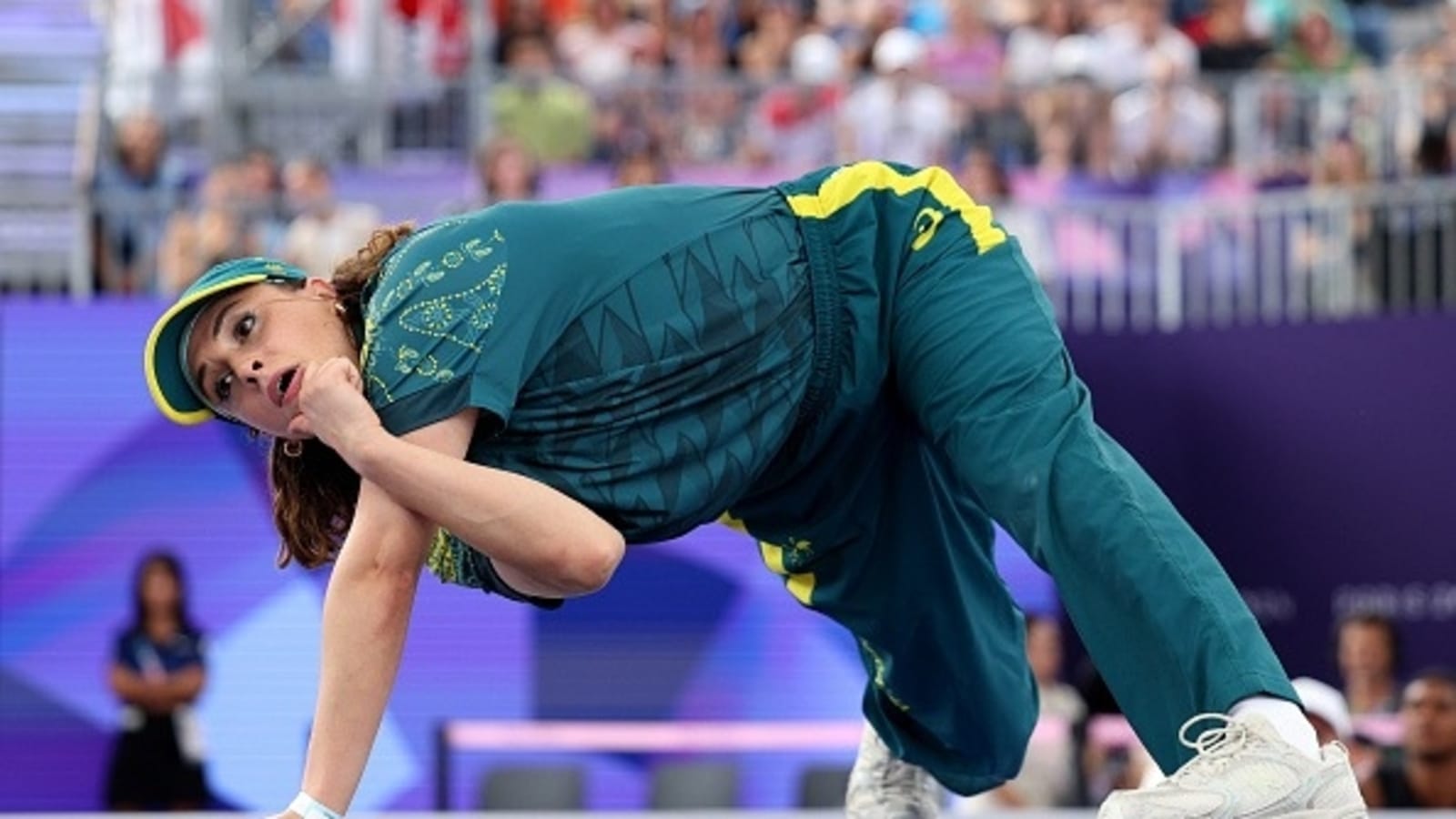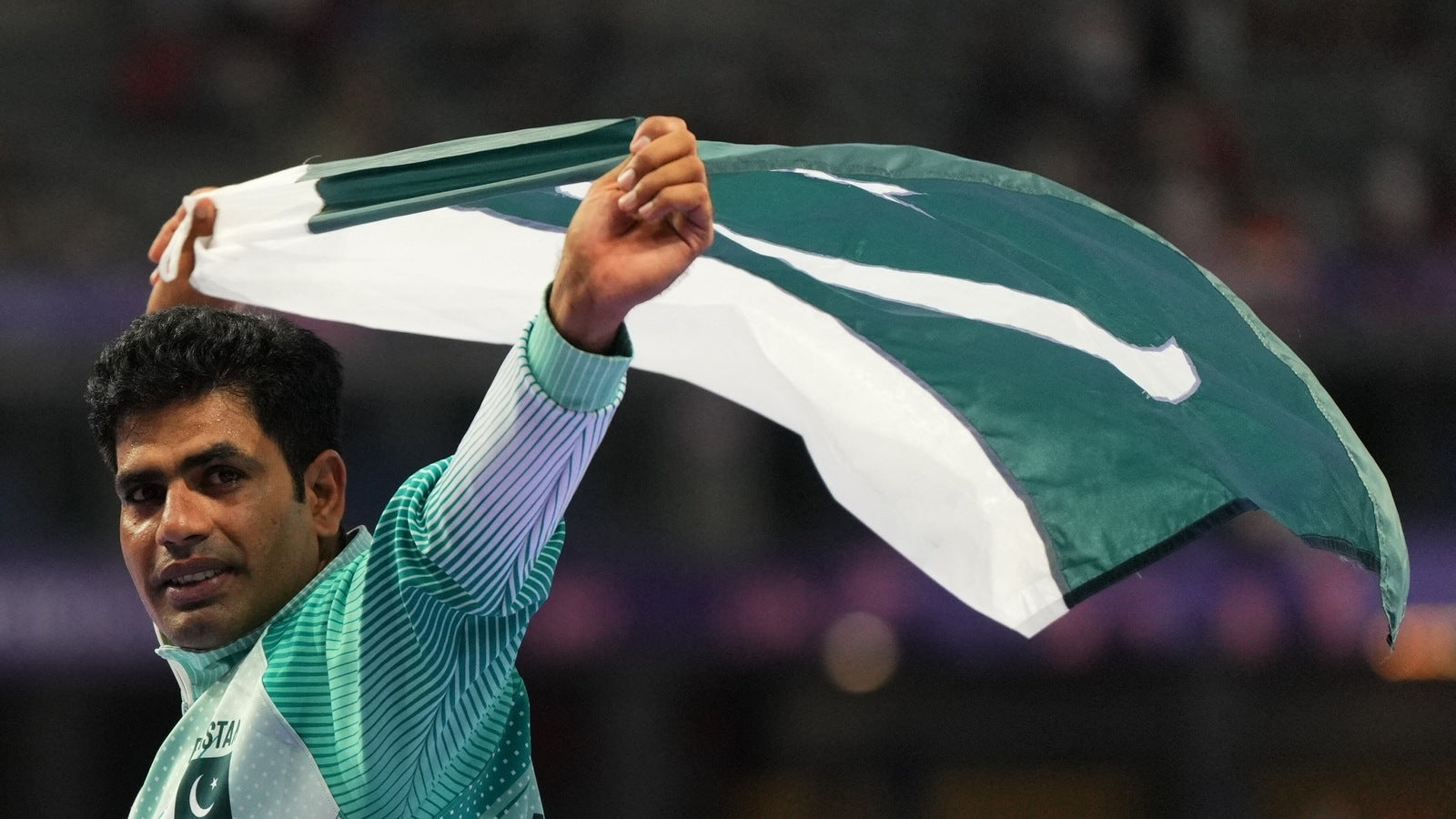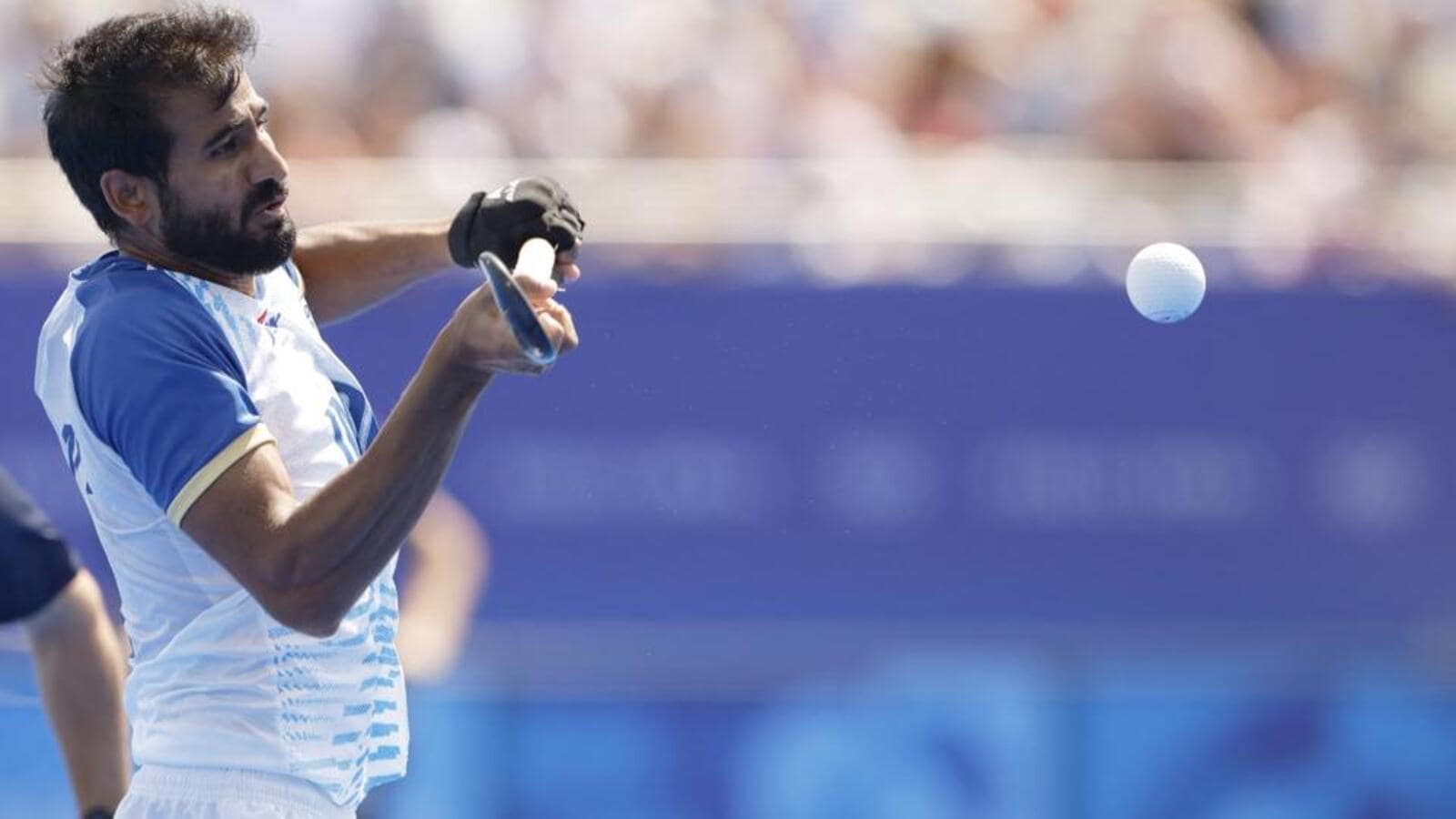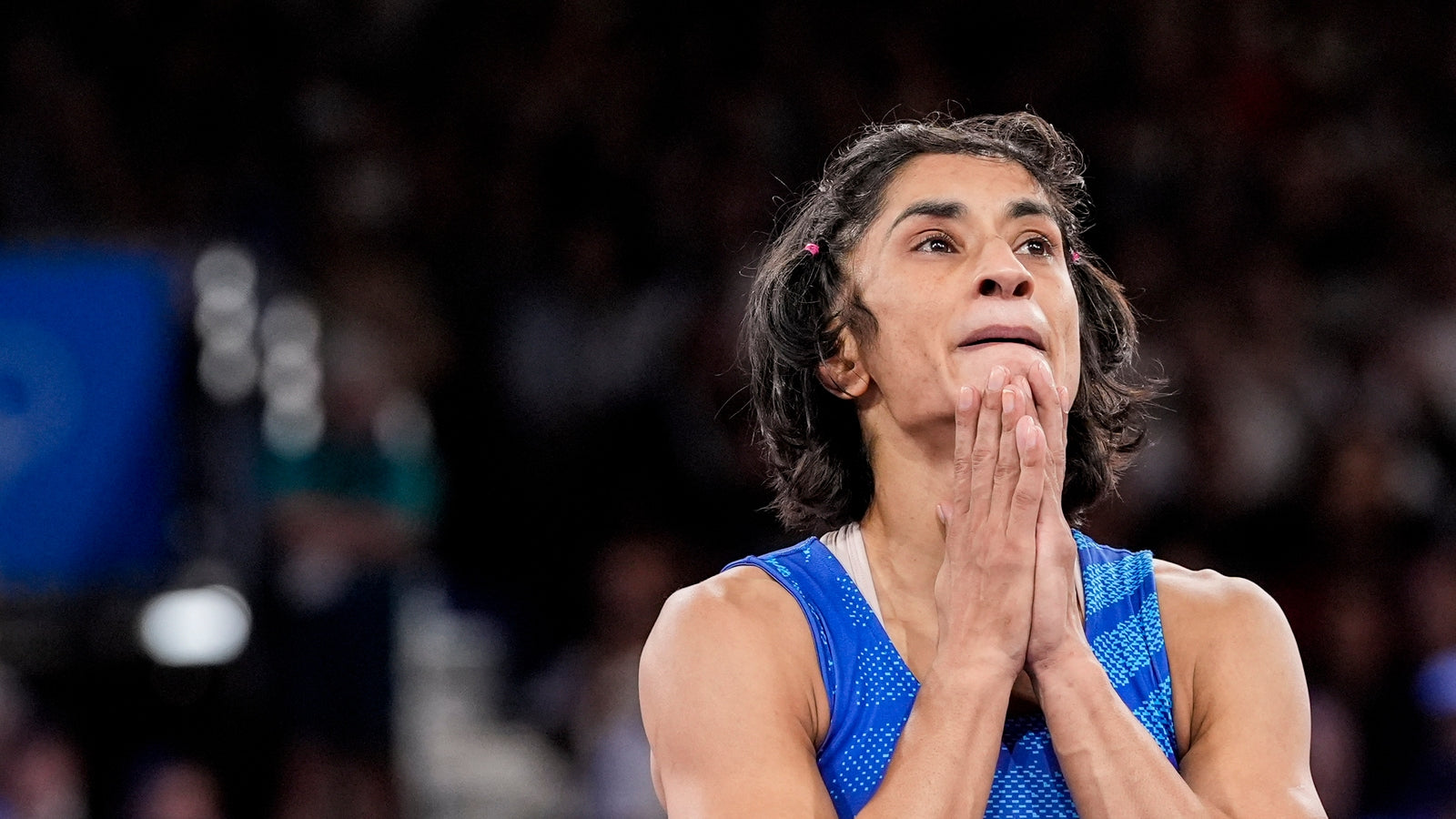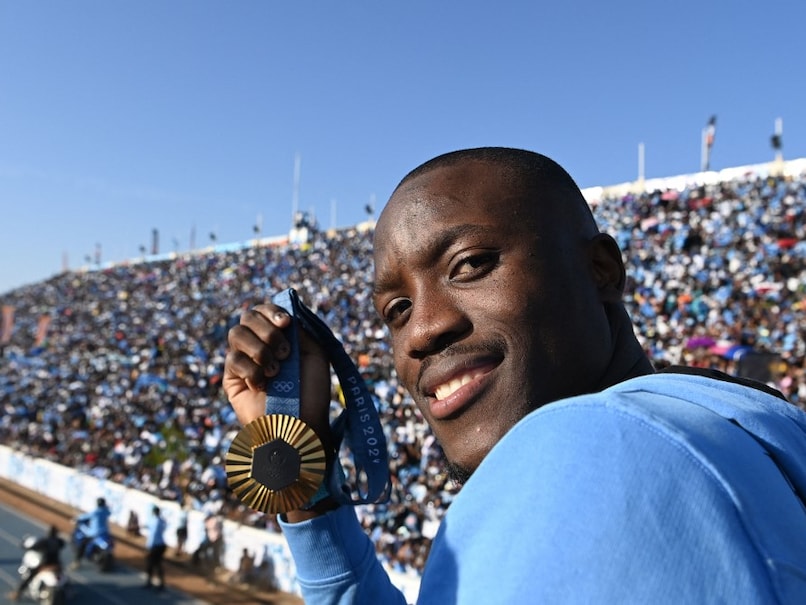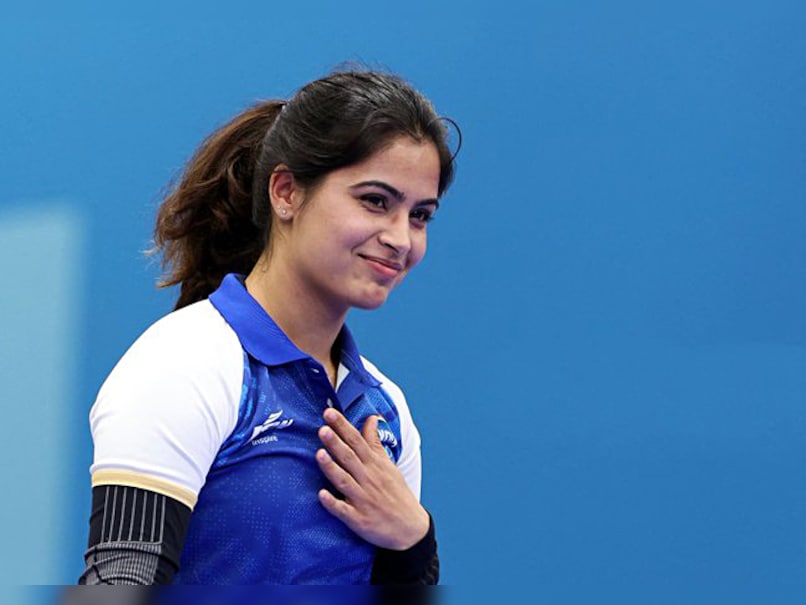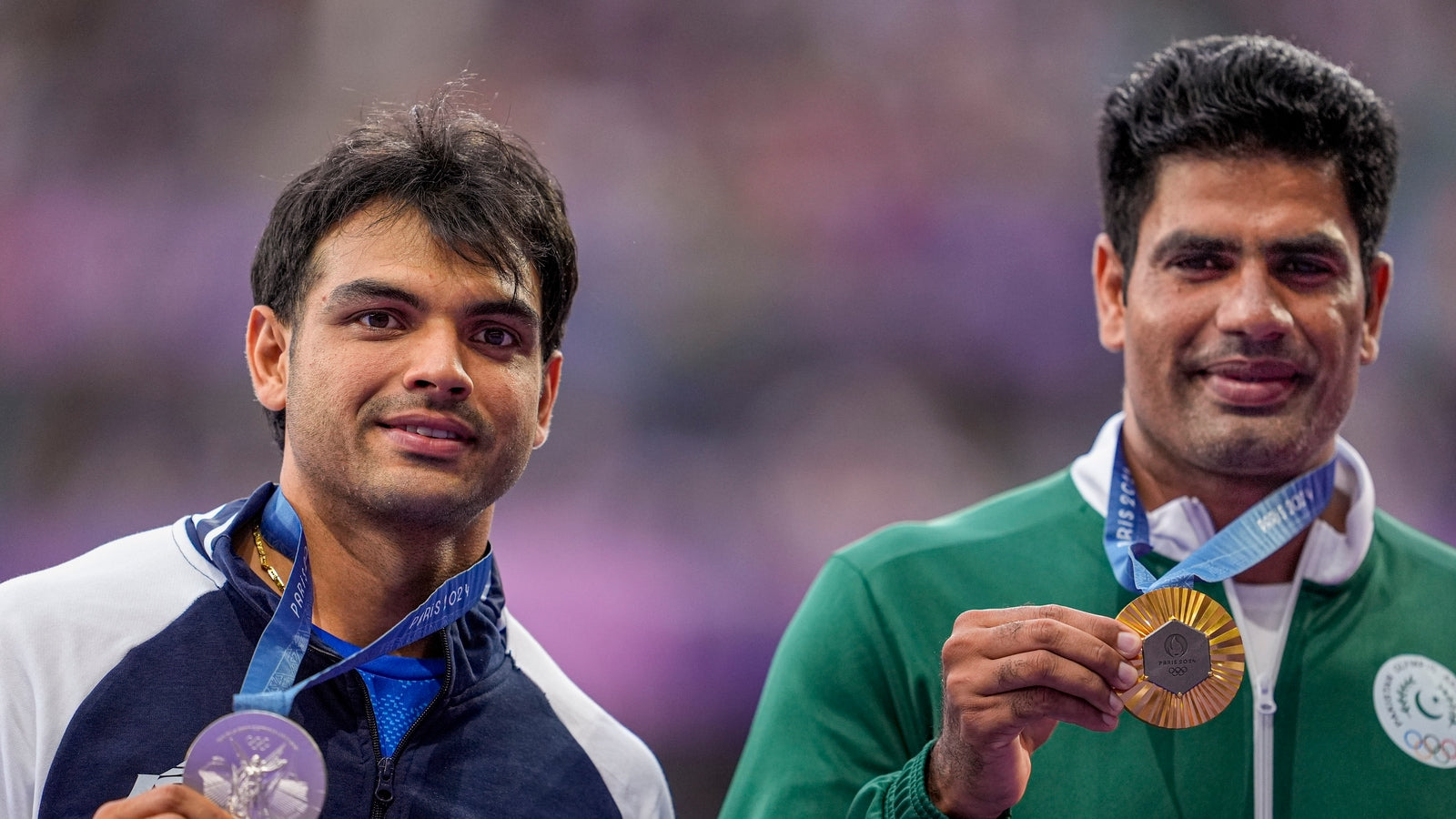Australian Breakdancer Faces Backlash After Olympic Performance
Australian breakdancer Rachael Gunn, known as B-girl Raygun, has faced intense backlash following her performance at the Paris 2024 Olympics. Despite her participation in the debut of breakdancing at the Games, Gunn failed to win any matches, leading to a wave of criticism and negative attention online.In an Instagram video, Gunn expressed her surprise and disappointment at the hate she received, stating that it has been emotionally devastating. Despite her best efforts in preparing for the competition, Gunn was criticized for her performance, which some viewers found lacking."I really appreciate the positivity, and I'm glad I was able to bring some joy into your lives. That's what I hoped. I didn’t realize that that would also open the door to so much hate, which has, frankly, been pretty devastating," Gunn said. "But I went out there, and I had fun. I did take it very seriously. I worked my butt off preparing for the Olympics, and I gave my all, truly."Gunn also addressed the widespread allegations and misinformation circulating online, including claims that she and her husband manipulated the selection process to secure her spot on the Australian Olympic team. These accusations have fueled public outrage, leading to a petition on Change.org demanding an apology from Gunn and other officials.The petition garnered over 54,000 signatures before being removed for spreading misinformation. In response, Gunn urged people to refer to the official statements from the Australian Olympic Committee (AOC) and other relevant bodies, which confirmed that her selection was conducted transparently and fairly.Gunn requested privacy for herself, her family, and the broader Australian breakdancing community, as the controversy deeply affected them. Despite the adverse reactions, Gunn said she is proud of participating in the Olympics and the opportunity to represent Australia in the sport's inaugural event."I'd really like to ask the press to please stop harassing my family, my friends, the Australian breaking community, and the broader street dance community. Everyone has been through a lot as a result of this. So I ask you to please respect their privacy," she said.AOC chief executive Matt Carroll also condemned the false allegations against Gunn, calling the petition misleading and defamatory."It is disgraceful that these falsehoods concocted by an anonymous person can be published in this way," Carroll said in a statement. "It amounts to bullying and harassment and is defamatory. We are demanding that it be removed from the site immediately. No athlete who has represented their country at the Olympic Games should be treated in this way."Gunn said she plans to take some time off to recover from the emotional toll of the ordeal and hopes that the media will respect her privacy during this period.
Read more

